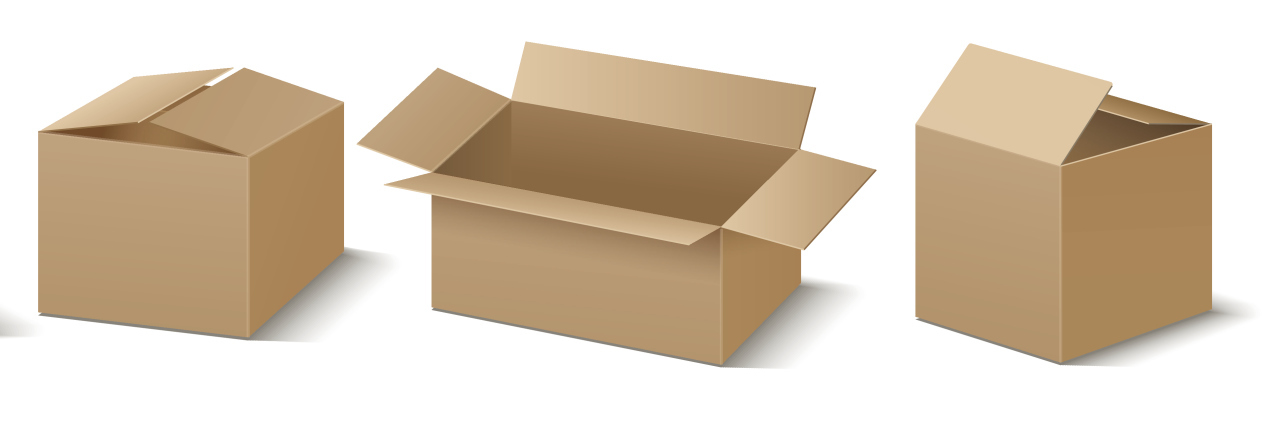I began writing for The Mighty just over 18 months ago, as a way of connecting with the neurodiverse community. It has helped me to express myself in ways that are inaccessible when talking with neurotypical people.
However, after I started writing, I noticed I was talking in the plural. I was writing about my personal experience of being an “outsider” and addressing other “outsiders.” Despite writing from this individual perspective, I frequently used the terms “we,” “us” and “our.” It was as though I was talking on behalf of the entire community. This problem arose because I thought everyone beneath the neurodiverse umbrella had the same experience. I understand now that everyone who identifies with it experiences it in their own way.
I was projecting my own interpretations of this condition, under the assumption they should be applicable to all autistic people. However, this is not the true nature of the term “neurodiverse,” which means “diversity of minds.” If we are to be a community built on the celebration of different types of minds, then we need to send a clear message. That individuals can speak for themselves, their voices can be heard with no preconceptions about what “should be,” and all perceptions can be treated as equally valid. This is what breeds an acceptance of diversity and allows people and communities to grow.
The boxes and labels we group ourselves and our peers into are a convenient way of simplifying the seemingly endless diversity we see around us into something easier to understand. In many ways this is essential, as it allows us to find people who we can relate to. It also establishes a group to be a community. It is important to feel we’re part of a network that is built on common ground. But these boxes we put ourselves in have their limitations. They only provide quick, simple ways to define ourselves, and that does not account for our uniqueness. It is uniqueness that causes everyone under any umbrella term to experience it differently, and the broader the term the more varied its perception.
The neurodiverse identity was founded on the basis that the true variety of people’s minds should not be limited, but celebrated. If we hold to that, we can become a beacon of a varied group of people who see one another without our own preconceptions distorting our view. And to that end, The Mighty may become a platform the neurodiverse community can use to show society at large the benefits that accepting diversity can breed.
Getty image by MicroVone.

